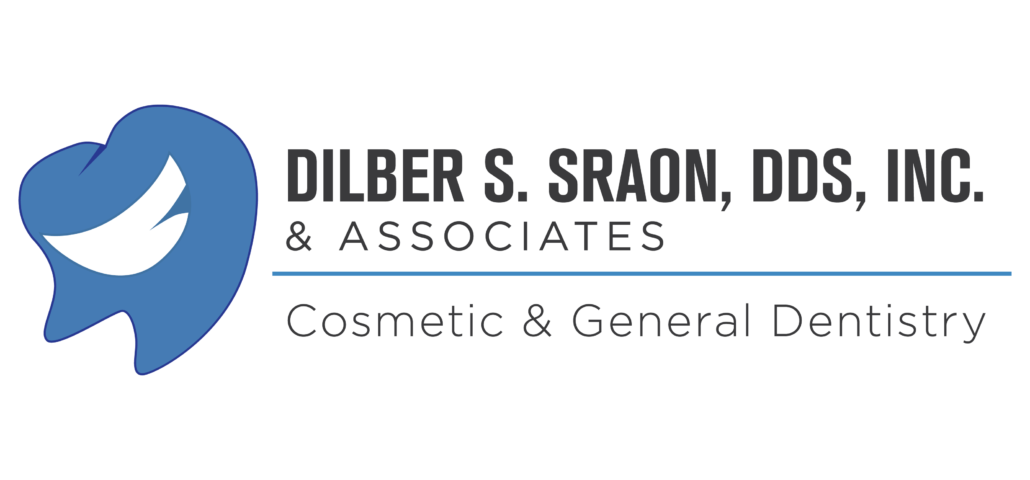Baby on Board? Don’t Forget to Brush!
There’s a lot to keep in mind when you’re expecting a little one. Understanding the ins and outs of prenatal care is crucial every step of the way, and your doctor will check in to make sure you’re on track. One aspect of your overall health that gets less attention during pregnancy but deserves just as much is the health of your mouth, teeth, and gums. Just like the rest of your body, paying close attention to your oral health while you’re pregnant is critical in ensuring a healthy pregnancy and eventually a healthy baby. Being pregnant causes women to be more susceptible to oral health problems because changes to the body can end up affecting the teeth and gums.
One of those changes is increased hormone levels, like progesterone and estrogen, which can elevate your chances of experiencing oral health problems you haven’t worried about previously. Your eating habits may also change during pregnancy, and introducing new foods to your mouth may cause it to react in a negative way. With all of these changes at work, there’s a good chance you’ll get tired and not brush and floss as religiously as you once did. There’s also a chance that brushing or flossing makes you feel nauseous. Whatever the reason, brushing less frequently increases the chances that you’ll experience potentially harmful buildup. This buildup can lead to a number of dental problems, including cavities, gingivitis, loose teeth, periodontal disease, pregnancy tumors, and tooth erosion.
Cavities, a form of tooth decay, are small, damaged areas on the surface of the tooth, and being pregnant makes you more likely to have them. Cavities form when bacteria develop on the tooth, and if not properly treated, that bacteria can be passed to the baby. The surface of the tooth can also be impacted by vomiting that often accompanies morning sickness. The acidity can cause erosion to the enamel and leave your teeth unprotected from further damage.
Gingivitis, on the other hand, is inflammation of the gums that can be brought on by pregnancy hormones. If not cared for, gingivitis can be a precursor to gum disease which has been linked to premature birth. In the same way that hormones may cause gingivitis, they also may temporarily loosen the tissues and bones in your gum that keep your teeth in place, creating spaces for bacteria to settle in. If too much bacteria makes itself at home in your mouth, plaque can form, and eventually cause pregnancy tumors. These tumors are red, raw, and appear like lumps on the gum.
While the risk of oral health problems is higher during pregnancy, you may not experience any at all. If you notice signs including bad breath, loose teeth, new spaces between your teeth, swollen gums, mouth sores, tooth pain, or receding gums, call your dentist right away.
Taking good care of your mouth, teeth, and gums during pregnancy can help you have a healthy pregnancy and a healthy baby. When it comes to dental health and pregnancy, the best place to start is with the basics: make sure to go to your regular dental checkups during pregnancy, and that you brush twice a day, as always.
